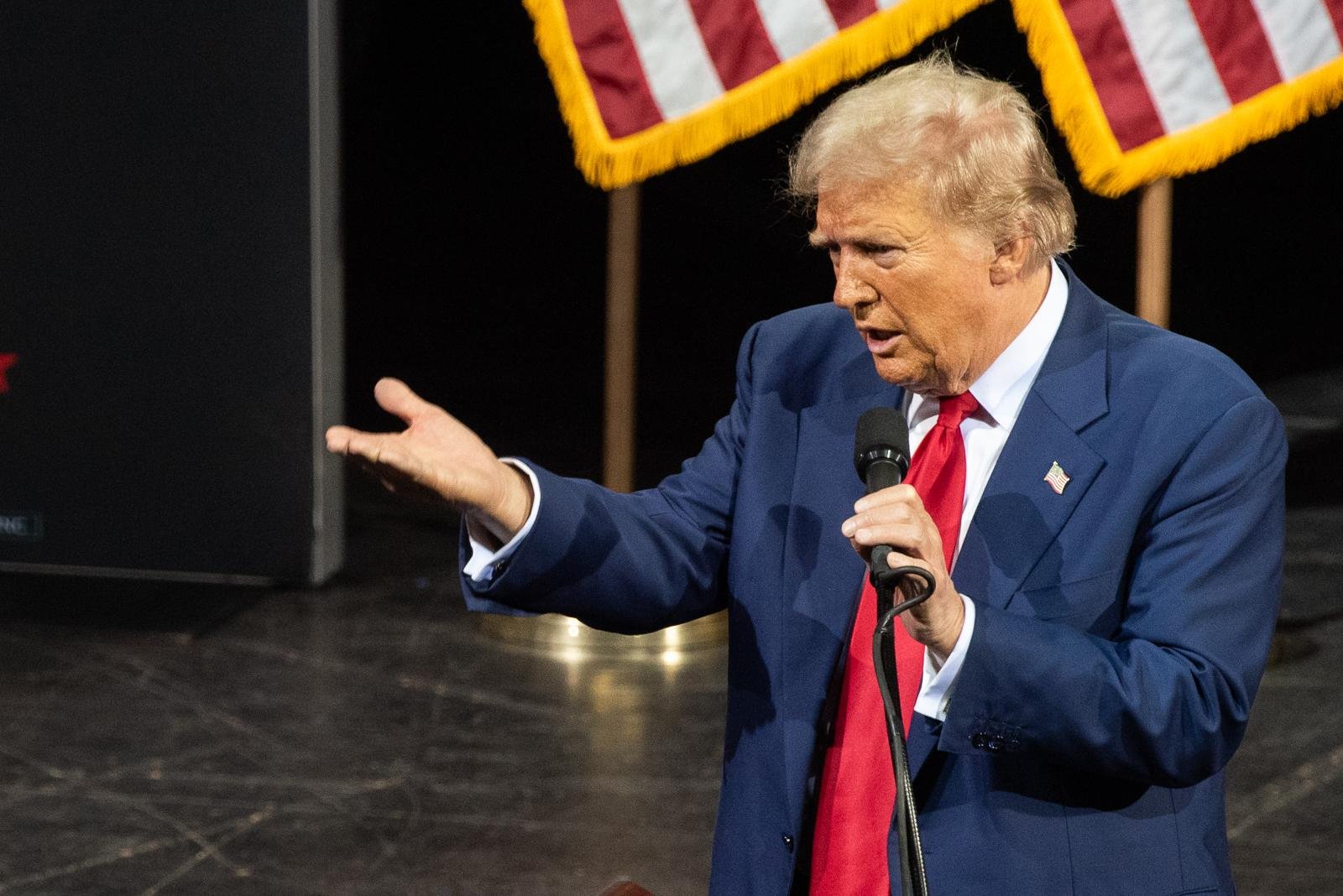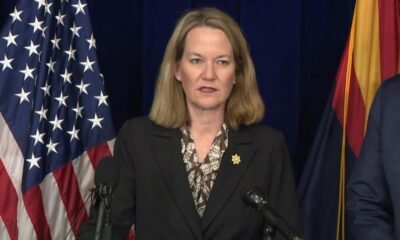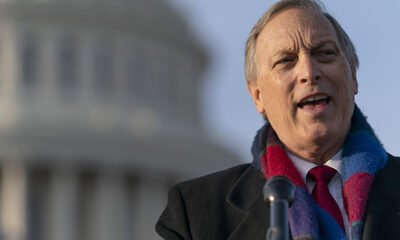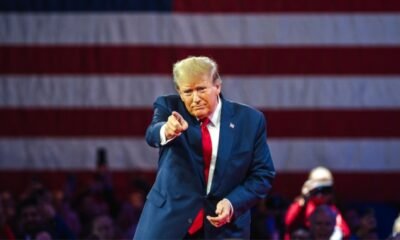Entertainment
As Climate Crisis Fuels Disease Threats, Trump Withdraws U.S. from WHO

On his first day in office, President Donald Trump has initiated the withdrawal of the United States from the World Health Organization (WHO), a key agency for global public health. Following this, his administration directed federal health agencies to halt public communications, impacting the Food and Drug Administration (FDA), the National Institutes of Health (NIH), and the Centers for Disease Control and Prevention (CDC).
This dual action creates a disconnect between U.S. health agencies and their international counterparts, potentially isolating both the American public and healthcare professionals from critical information regarding infectious diseases and outbreaks.
Jonathan Patz, director of the Global Health Institute at the University of Wisconsin-Madison, emphasized the dangers of this approach. “Diseases know no boundaries,” he stated, underscoring the risks of ignoring global health dynamics.
Modern advancements like vaccines have significantly curbed disease impacts. However, as highlighted by the COVID-19 pandemic, this control is never absolute. Current climate changes are exacerbating risks, leading to higher instances of disease-carrying organisms. Trends show an alarming rise in malaria, dengue fever, and other similar diseases linked to climate factors, with an estimated 500 million more people expected to be affected by mid-century.
Trump’s decision limits the U.S.’s ability to coordinate with WHO and respond to global health crises effectively. Arthur Wyns, a research fellow at the University of Melbourne, noted that WHO’s early-warning system is vital for tracking disease outbreaks globally. Without U.S. participation, the nation risks becoming uninformed about emerging threats.
This move to withdraw from WHO mirrors actions taken by Trump in 2020, where the formal exit was initiated based on the organization’s handling of the pandemic. President Joe Biden reversed this decision upon taking office, yet Trump is now moving to end U.S. ties within the next year.
The implications extend beyond U.S. isolation. Trump’s withdrawal could disrupt funding that supports various health initiatives, particularly as the U.S. is a significant contributor to WHO’s budget. Congress would ultimately need to cut all funding, which Trump cannot do unilaterally. Still, many of WHO’s research programs will continue independent of U.S. financial support.
Collaboration between U.S. agencies and WHO has historically focused on immediate health responses and research, essential for understanding diseases like malaria and HIV. Existing partnerships facilitate vital communication about global disease trends. Ending these collaborations, as suggested, would complicate the nation’s response to future health crises.
Moreover, the pause in public communications from federal health agencies until at least February 1 raises concerns. Critical health information, including warnings about viral outbreaks and foodborne diseases, may not reach the public during this period, risking lives. Richard Besser, former CDC director, criticized the halt in communications, noting that public awareness is paramount during health emergencies.


















